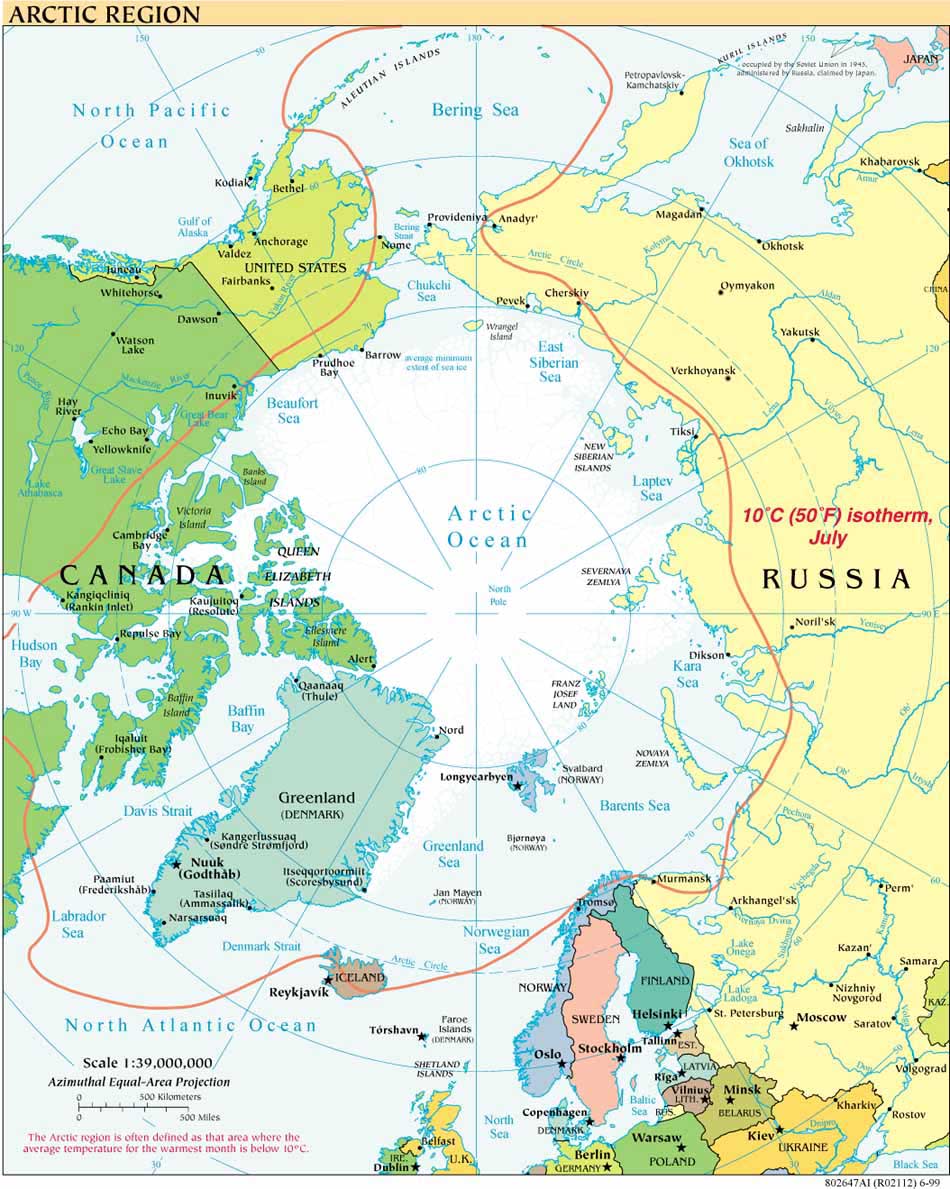Given last week's notable events surrounding the Canadian Submission to the Commission on the Limits of the Continental Shelf (CLCS), your blogger is resurfacing before her promised 2014 re-start date to post a bare minimum of some of the most helpful links on the topic. Regular posts will resume in the New Year, with the end of your blogger's sabbatical and her return from Alaska.
December 7, 2013, was the ten year anniversary of Canada joining the UN Convention on the Law of the Sea. Under Convention rules, December 6, 2013, was Canada's deadline for submitting information to the CLCS on the limits of the Canadian continental shelf.
Canadian scientists and diplomats have been laying the groundwork for Canada's CLCS submission for approximately a decade. Canada's partial submission to the CLCS on December 6 covered Atlantic Canada [link to the Executive Summary in English or French] but not the Arctic Ocean. Instead, Canada filed Preliminary Information for the Arctic region [link to the PI in English or French]. Some had anticipated that Canada would include both regions in one submission but media reports surfaced last week that Prime Minister Harper had requested further information regarding the relationship between North Pole and the Canadian submission. According to media reports the North Pole was not included in the continental shelf information to which the Prime Minister was reacting. The Canadian Broadcasting Company, reporting on a December 9, 2013, news conference, quoted Canadian Foreign Affairs Minister John Baird explaining Canada's approach:
"We have asked our officials and scientists to do additional work and
necessary work to ensure that a submission for the full extent of the
continental shelf in the Arctic includes Canada's claim to the North
Pole," said Baird.
Several Canada-based media sources include interpretations of last week's events from two Canadian scholars of international policy, Michael Byers and Rob Hubert. The Christian Science Monitor interprets Russian Prime Minister Putin's order last week to increase military presence in the Arctic as a direct response to the Canadian Preliminary Information at the CLCS regarding the Arctic. By contrast, Xinhua and the India Daily News reflect a more measured approach, both quoting Russian Minister of Natural Resources and Environment, Sergei Donskoy, as saying:
'Actual delimitation of the continental shelf in the Northern Ocean is
not today's or even tomorrow's issue.' Donskoy said Russia, Canada and Denmark have the common interest of
persuading the CLCS of the geological composition of the Northern
Ocean's bed.
Russia and the Kingdom of Denmark, by virtue of Greenland, are considered to have the potential to include the North Pole in their submissions to the CLCS. A cursory listing of Arctic-relevant submissions to date, and anticipated future submissions, is provided by the Arctic Institute of North America.
The CLCS will consider Canada's Partial Submission for the Atlantic region in summer 2014, as the CLCS indicated in its Statement regarding the Partial Submission:
"The consideration of the partial submission made by Canada will be
included in the provisional agenda of the thirty-fifth session of the
Commission to be held during July-August 2014."



